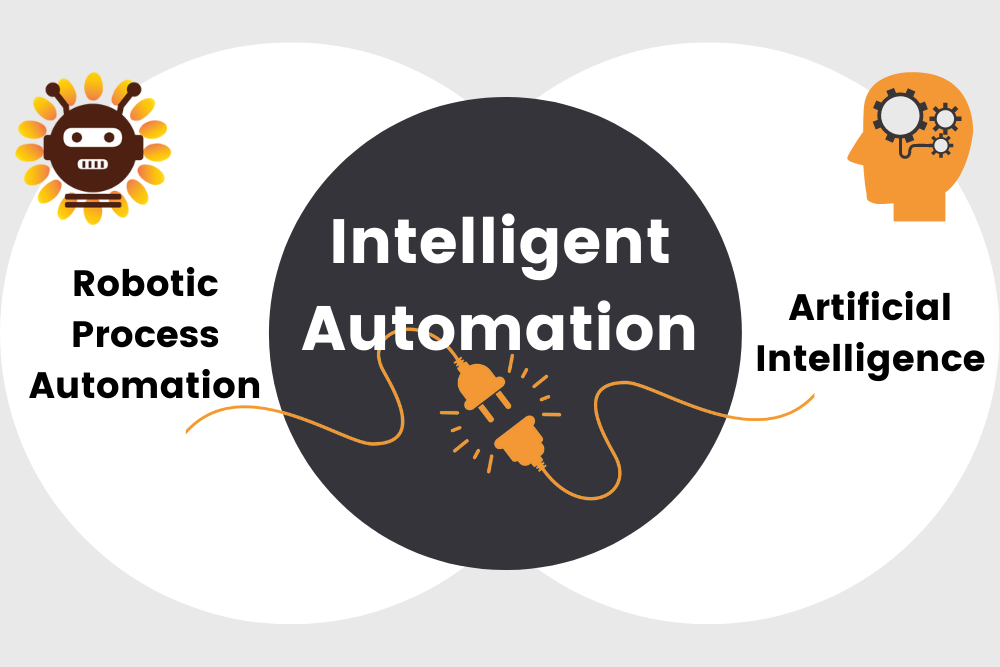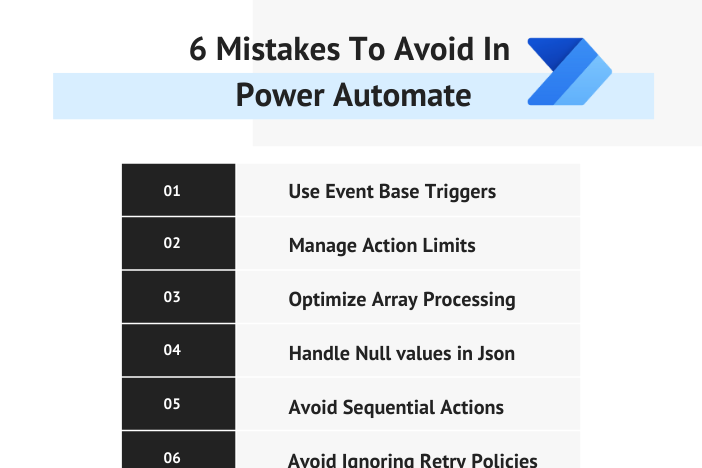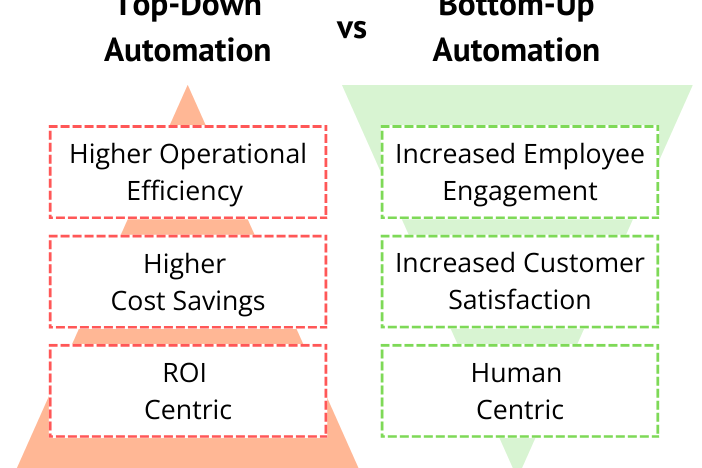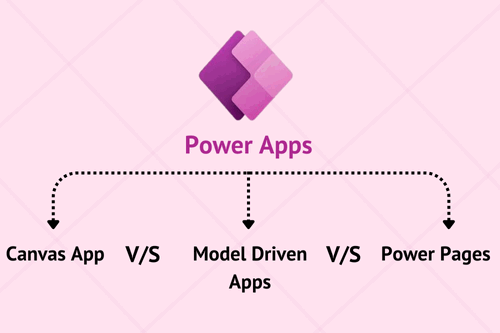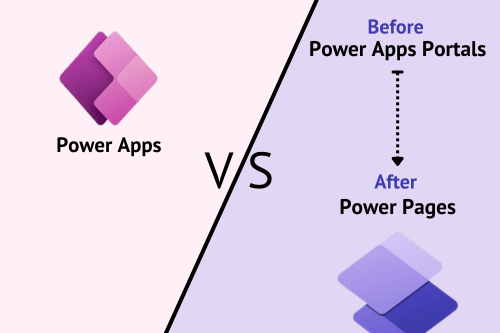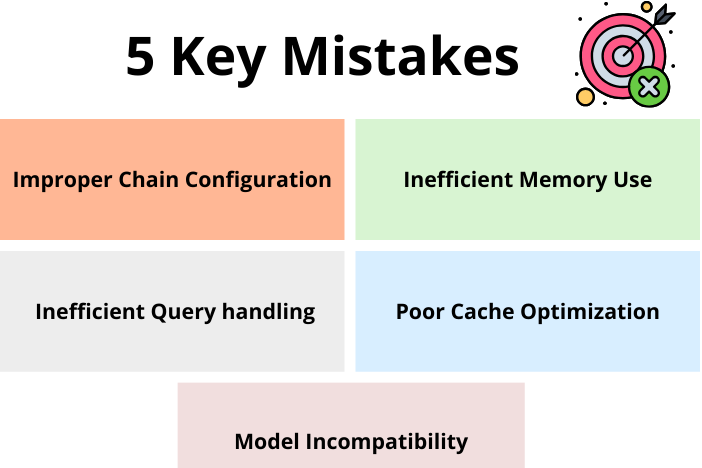What is Intelligent Automation?
Digital transformation refers to integrating digital technologies in areas of businesses to improve the process outcomes. Robotic process automation is the first step in achieving digital transformation because it is a simple automation that can be implemented easily and return positive results quickly. But the digital transformation journey doesn’t end there. In order to extend the horizons of the automation, intelligent process automation, or Intelligent automation, or IA exists to accelerate the digital transformation journey. Intelligent automation is the combination of RPA with advanced technologies such as artificial intelligence (AI), optical character recognition (OCR), cognitive technologies, computer vision, etc. With the help of intelligent automations and use of analytics, we can have solutions with automated decisions providing more flexibility to the end-to-end automation.
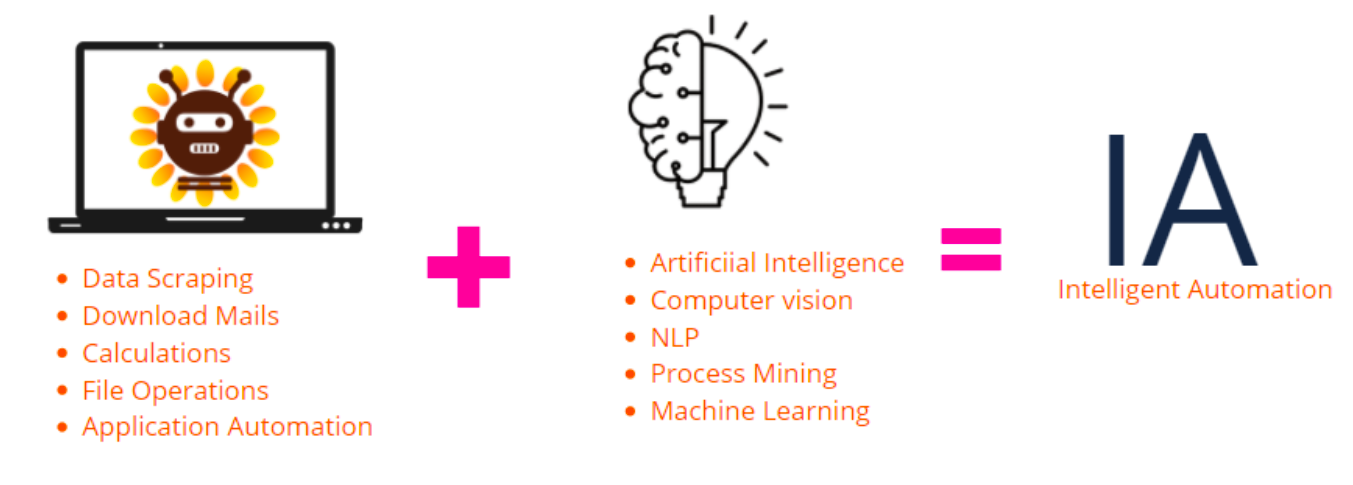
The primary objective of intelligent automation is to improve the end customer experience, reduce manual interventions in the automation cycle, and make automated decisions. Intelligent automation is applicable to all phases of the automation lifecycle from process mining to development to delivery.
Difference between RPA and Intelligent Automation
The difference between RPA and intelligent automation is that while they are both tools for automation, RPA is just one piece of the intelligent process automation puzzle. Robotic process automation services use software robots to automate repetitive, mundane, and routine tasks, mimicking human actions to carry out error-free tasks at high volume and speed. These tasks can include queries, calculations and maintenance of records and transactions. Learn more about what is RPA. Intelligent process automation, on the other hand, combines RPA with more advanced technologies like machine learning, process mining, and natural language processing to create a holistic solution for digital transformation.
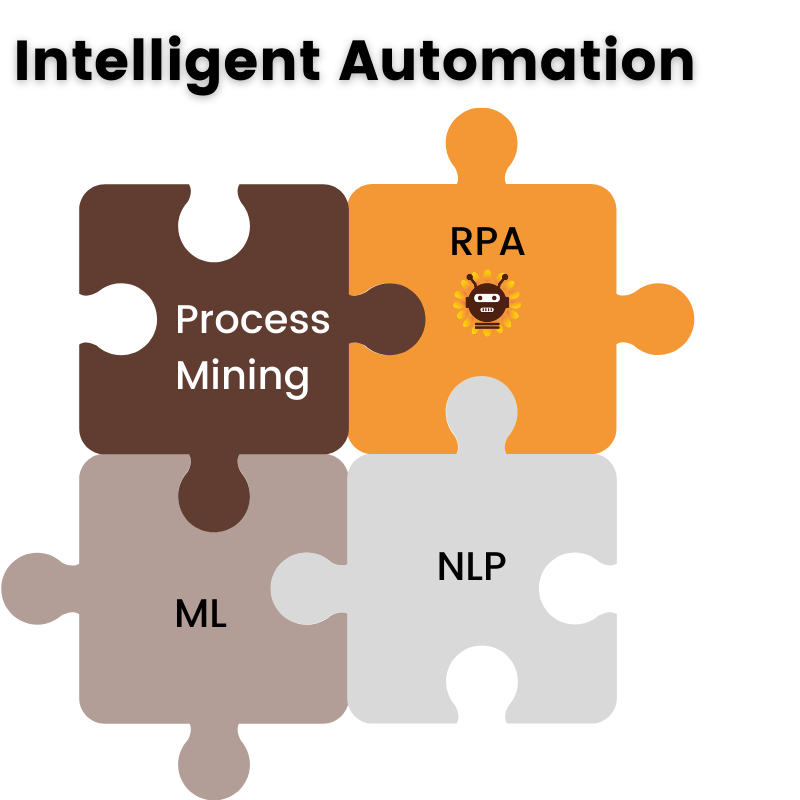
Benefits of Intelligent Process Automation
• With IA, we can have flexible, resilient, and modern automation solutions with no human intervention.
• IA provides the capability to automate a business process end-to-end to improve the customer experience and save more money.
• Input format of data is no longer a challenge. With IA, we can read semi-structured and unstructured data that increase the scope of the automation in the organization
• It decreases or eliminates the exceptions created by the automated processes as the robots learn and handle exception on their own
• Predictive analytics help organizations to plan resources and ensure optimal deliveries
• Provides the organization a competitive advancement
Prominent Technologies Supporting Intelligent Automation with RPA
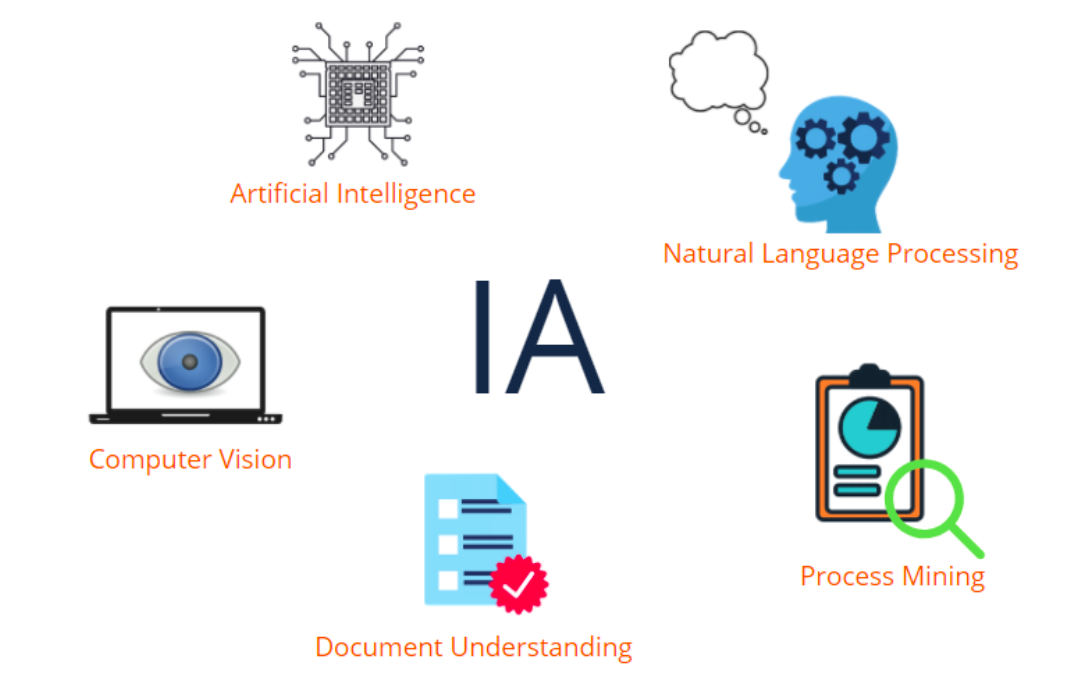
• Artificial Intelligence (AI) – For analyzing and making decisions based on the data outcome of RPA
• Document Understanding – For processing semi-structured and unstructured data
• Computer Vision (CV) – To look through screens such as VDI / RDP and image-based automations.
• Natural Language Processing (NLP) – Read, understand, and manipulate written and spoken language.
• Process Mining – Intelligent way to capture process details for the automation
Examples of Applying RPA and Intelligent Automation
Resume Matching
Human Resource Teams do an intensive job in shortlisting resumes and matching the correct candidate to the correct opportunity. With the help of AI, that process can be much faster and more streamlined.
Customer Sentiment Analysis
Customer service representatives work directly with customer feedback. For written feedback, AI-enabled robots help analyze the information for faster, more accurate service.
Language Translation
For industries that have customers across globe, language translation is critical for seamless communication. The robots can do the mundane work of loading the data and AI can provide the response in the respective language. This also opens channels to create multi-lingual chatbots and communicators.
Examples Across Industries
Some good Examples of RPA with AI across several industries are listed below:
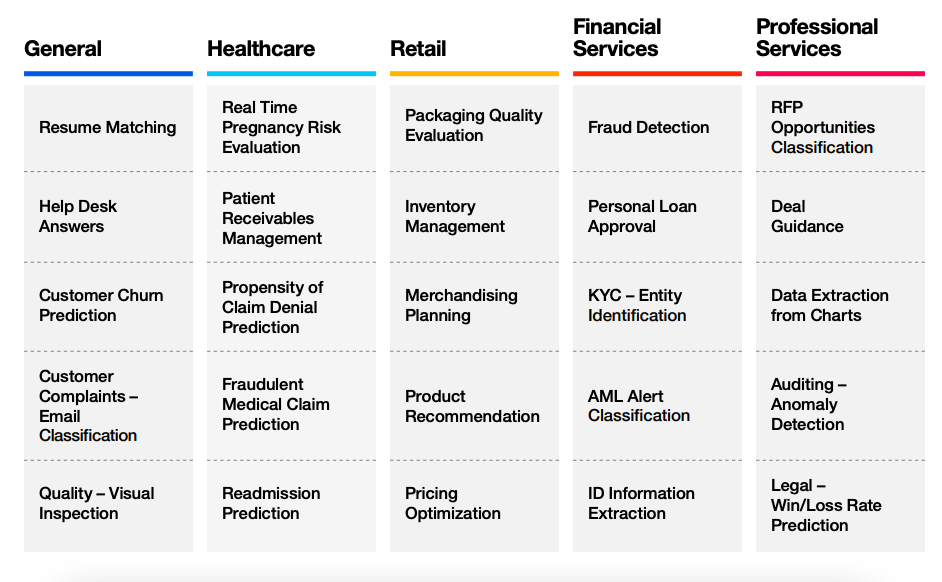
Sourced from UiPath
Digital Transformation Could Be Yours
The future of business is automated. Get a jump on your competitors by adopting an end-to-end strategy for digital transformation: intelligent process automation. We hope you gleaned some insights into how RPA fits into intelligent automation, what other technologies are included, its benefits to your business, and a few examples that helped apply your new knowledge. Digital transformation could be yours with a little help from the right automation consultant.
Sunflower Lab has multiple locations to better serve our clients. Robotic process automation services Ohio, robotic process automation services New Jersey, and robotic process automation services New York all designed specifically to accommodate the needs in each unique market. For more information and resources regarding robotic process automation services, please reach out to our RPA Experts.
Get a FREE quote on your project today!
Your idea is 100% protected by our Non-Disclosure Agreement
You might also like
Stay ahead in tech with Sunflower Lab’s curated blogs, sorted by technology type. From AI to Digital Products, explore cutting-edge developments in our insightful, categorized collection. Dive in and stay informed about the ever-evolving digital landscape with Sunflower Lab.


